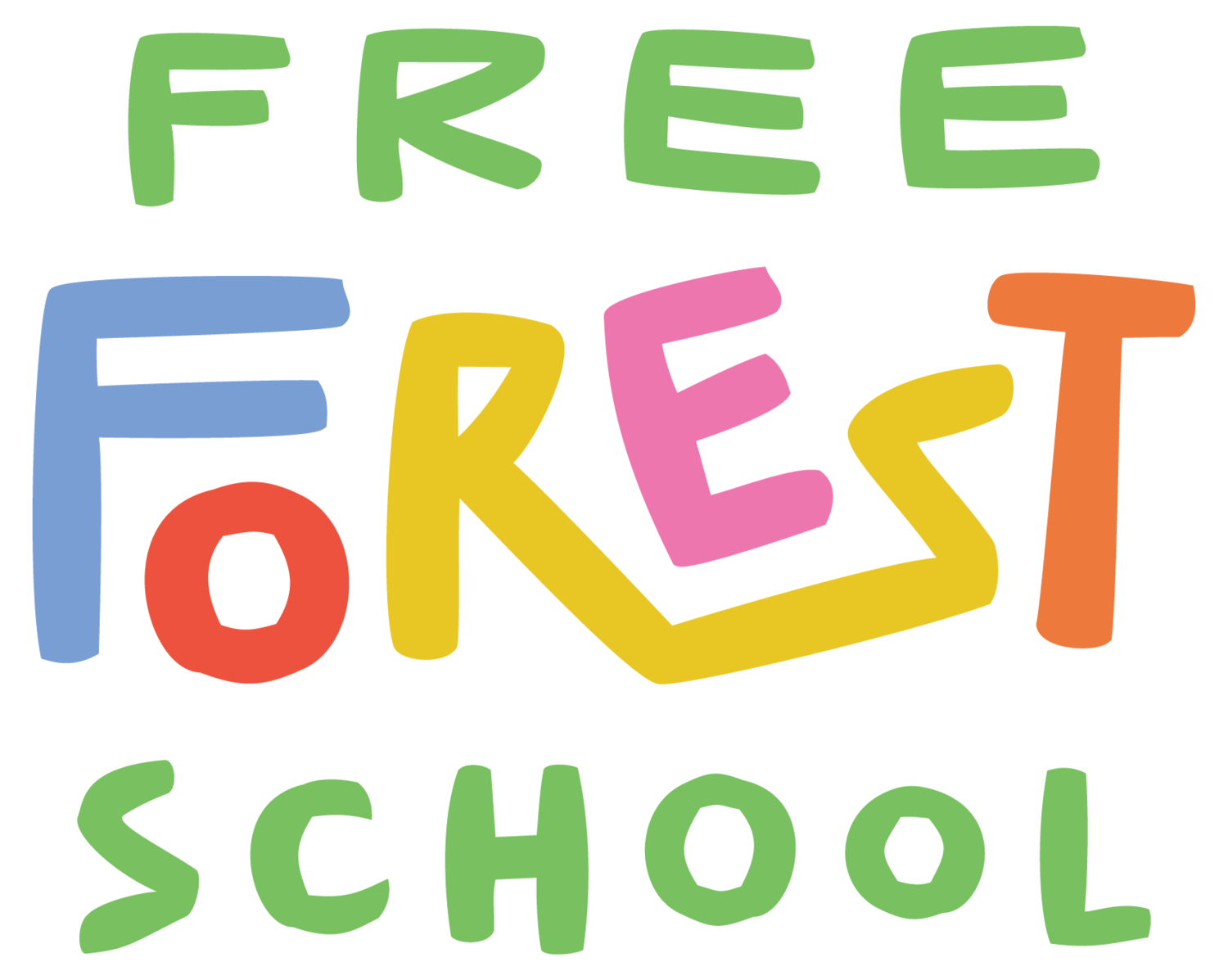FFS & U of MN Examine Parent-Child Interaction During Play
The following is an excerpt from an article published by the University of Minnesota, College of Education and Human Development. Click the link below to read the full article.
“The COVID-19 pandemic has led young children and their parents to spend more time together engaged in unstructured play, including in outdoor settings.
“’Decades of research documents the value of these experiences along a number of dimensions, and yet much less research focuses on the texture of parent-child conversations in these settings, in particular moment-by-moment, discourse analyses that can richly inform parenting practices around children’s autonomous inquiry, healthy risk-taking, and productive failure,’ says David DeLiema, assistant professor in the Department of Educational Psychology’s psychological foundations of education program.
“DeLiema and colleagues were recently awarded a Sustainable Development Goal (SDG) Rapid Response Grant through the Global Programs and Strategy Alliance (GPS Alliance) to study ‘Parent-child Discourse in Outdoor Inquiry: Understanding Autonomy, Risk, and Failure during Learning.’ The project is a partnership between Executive Director Anna Sharratt at the Minnesota-based Free Forest School and faculty staff and students across the University, including: Shirley G. Moore Lab School Director Sheila Williams Ridge; DeLiema and doctoral student Ashley Hufnagle from the Department of Educational Psychology; Professor Stephanie Carlson from the Institute for Child Development; and doctoral student Justin Baker from the Human Factors and Ergonomics department….”


